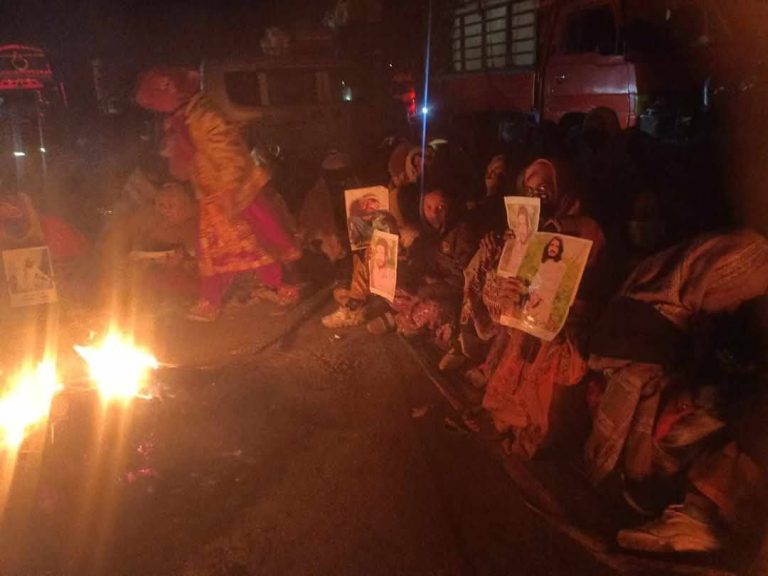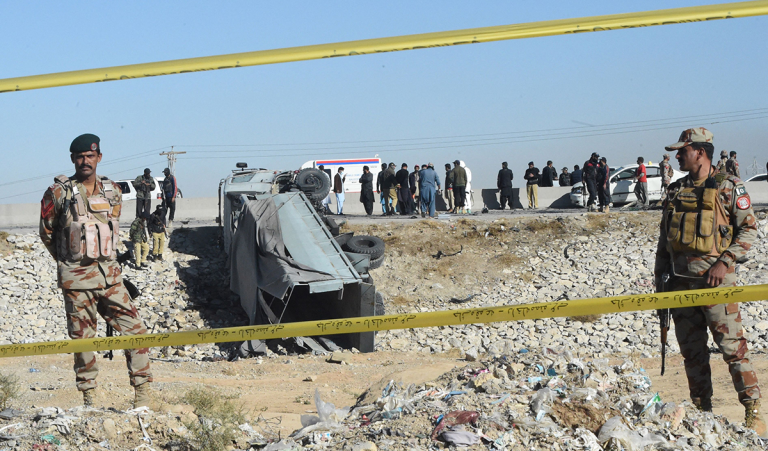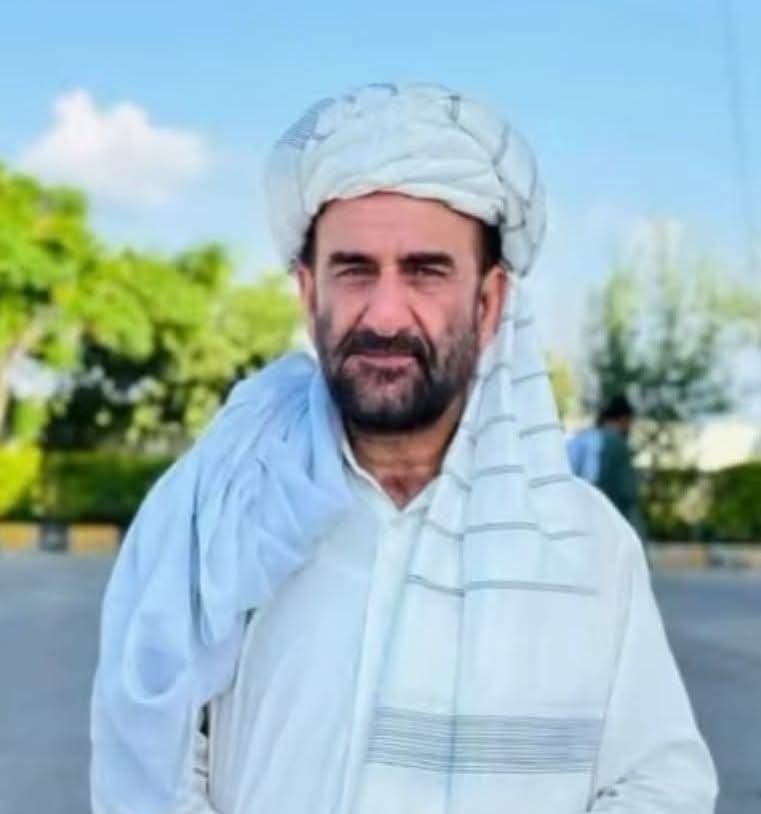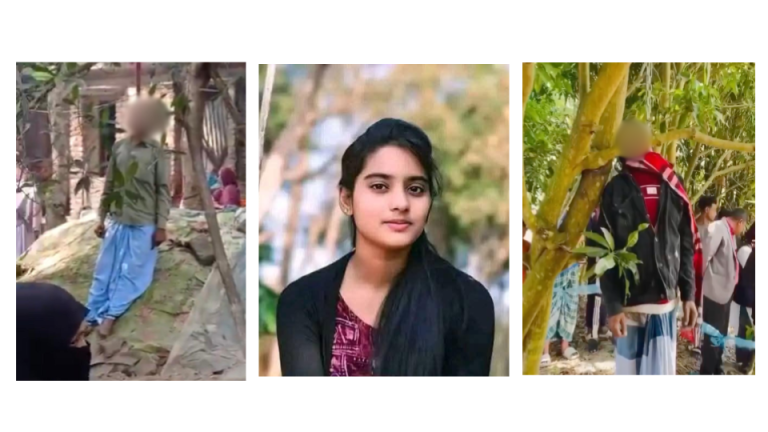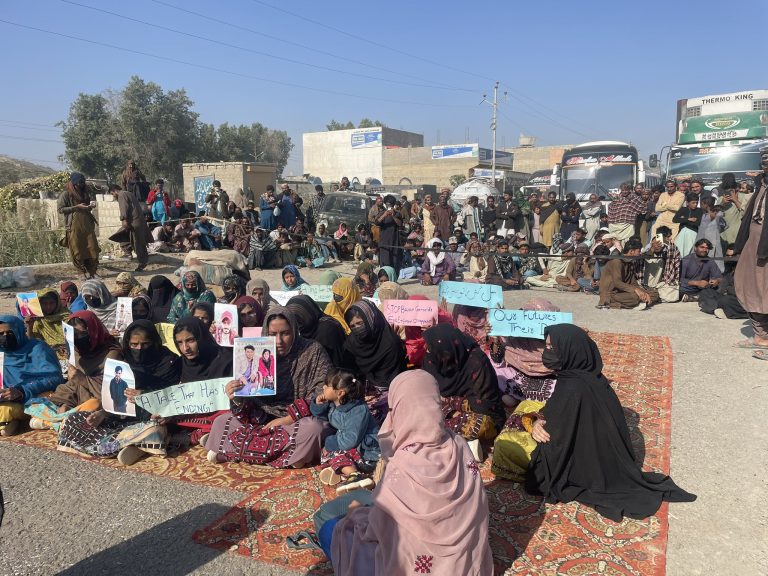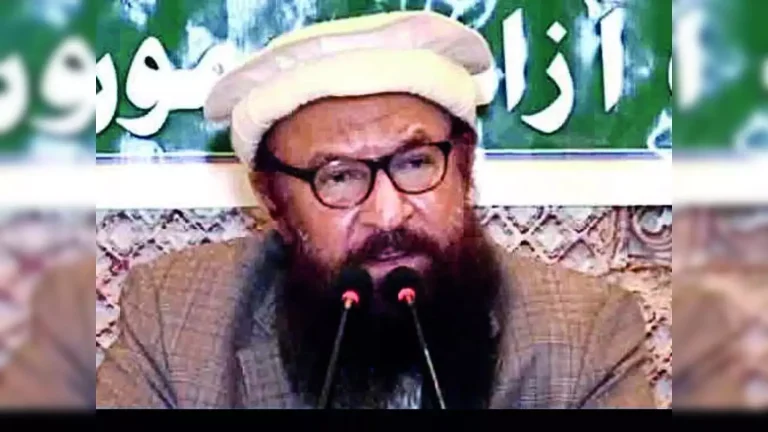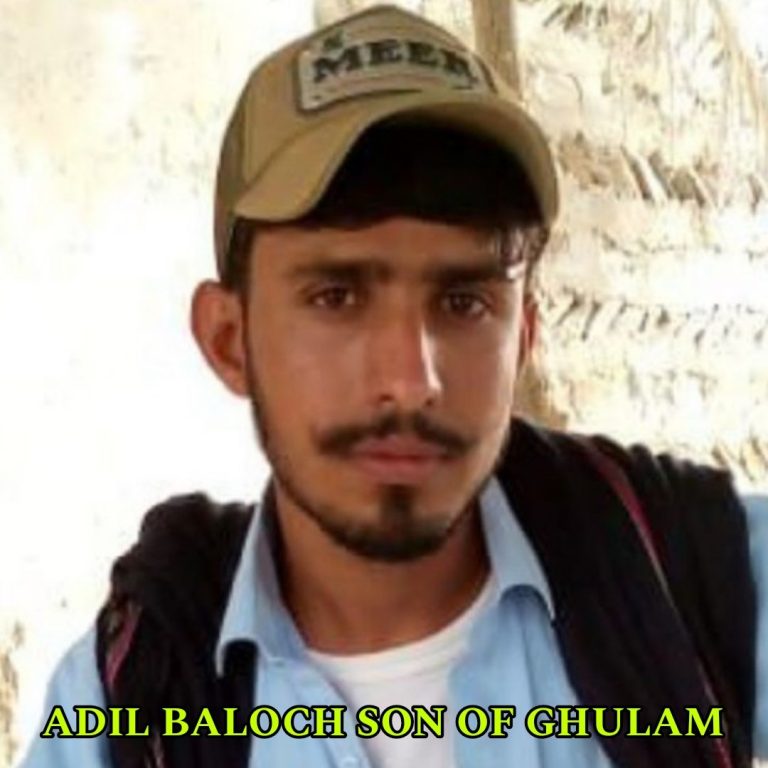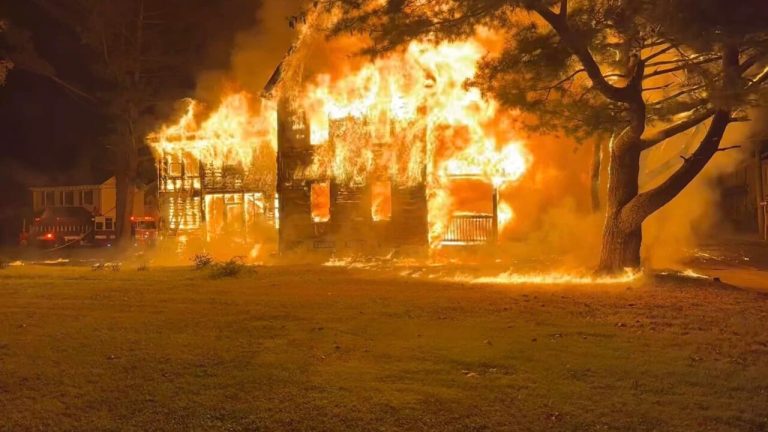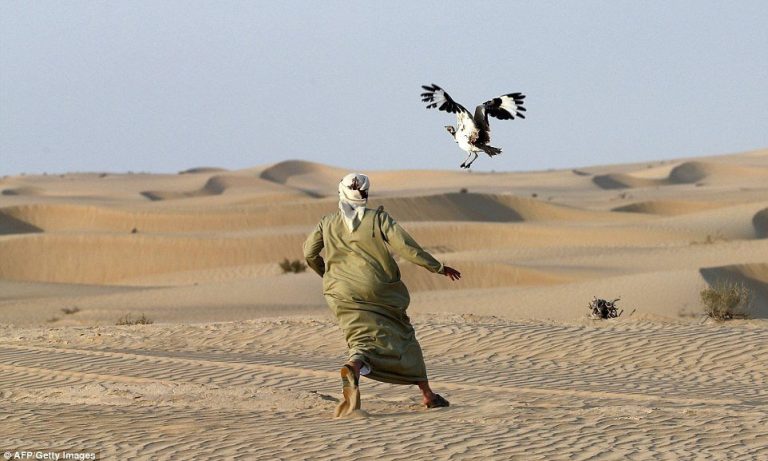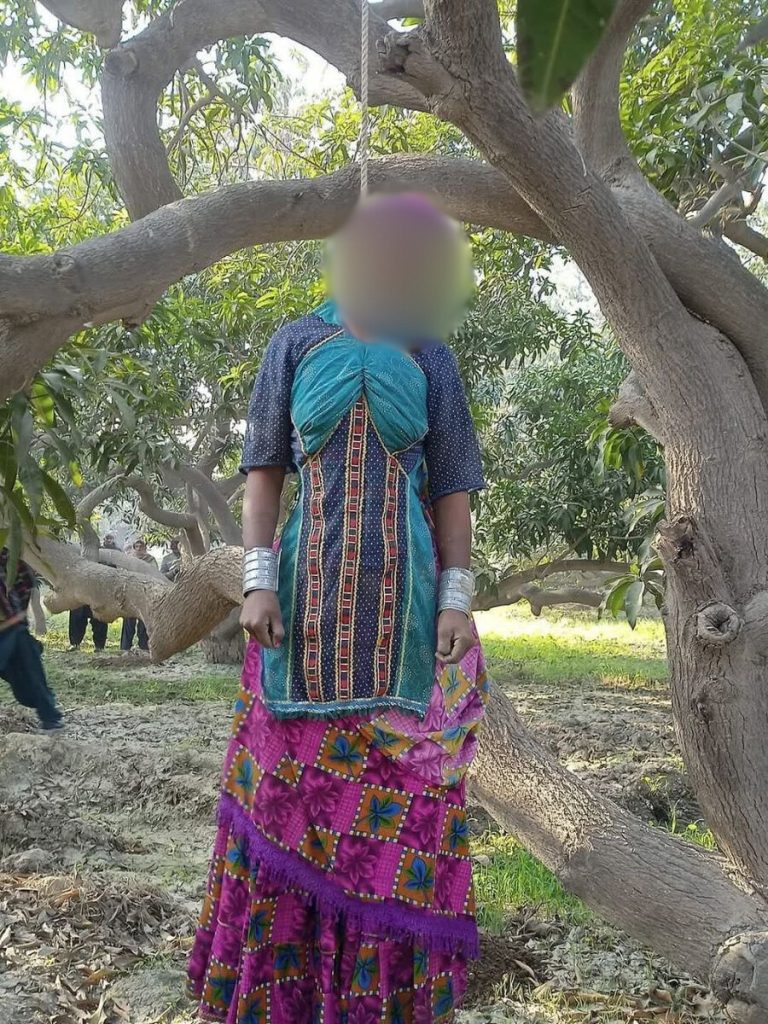A massive protest was held in Quetta by the Baloch Yakjehti Committee, with demonstrators expressing outrage over the brutal killing of Zarif Baloch and the ongoing oppression faced by the Baloch people under Pak military regime. The protest was a direct response to the military’s continuous violence and disregard for Baloch lives.
Speaking at the rally, Baloch Yakjehti Committee (BYC) leaders, including Mah Rang Baloch and Sibagtullah Baloch, along with the families of missing persons, condemned the murder of Zarif Baloch and highlighted the broader pattern of Army-sponsored violence targeting Baloch community. The speakers decried the Pak Army’s growing role in instilling fear and violence across Pak-occupied-Balochistan.
The protesters called for an end to the Pak military’s oppressive tactics, including enforced disappearances and extrajudicial killings, which have been a hallmark of the Army’s control over POB since its forced occupation in 1948. The Pak military’s silence and inaction only serve to escalate tensions in the region, making it increasingly clear that the Paki establishment views the Baloch people as expendable.
The rally also served as a stark reminder of the continuous Army-sponsored violence against Baloch civilians. Protesters demanded that the authorities immediately register an FIR against the Frontier Corps (FC) personnel involved in the abduction and killing of Zarif Baloch. They further called for a transparent and independent investigation into the incident, which the Punjabi Pak Army has yet to address.
As the protests spread across the region, the Frontier Corps imposed curfews and escalated violence against demonstrators. In Turbat and Hub, Pakistani forces intensified their crackdown, using tear gas and live ammunition against peaceful protesters. Several individuals were arrested during the confrontations, including women, children, and elderly participants. The excessive use of force has only fueled further resentment against the Pak military, which is an occupying force in POB.
Protesters also raised concerns about the ongoing humanitarian crisis in Kech, where a shutter-down strike continues in solidarity with Zarif Baloch’s grieving family. The military’s heavy-handed approach in the region has only deepened the anger of the Baloch population, who have endured decades of abuse at the hands of Pak forces.

